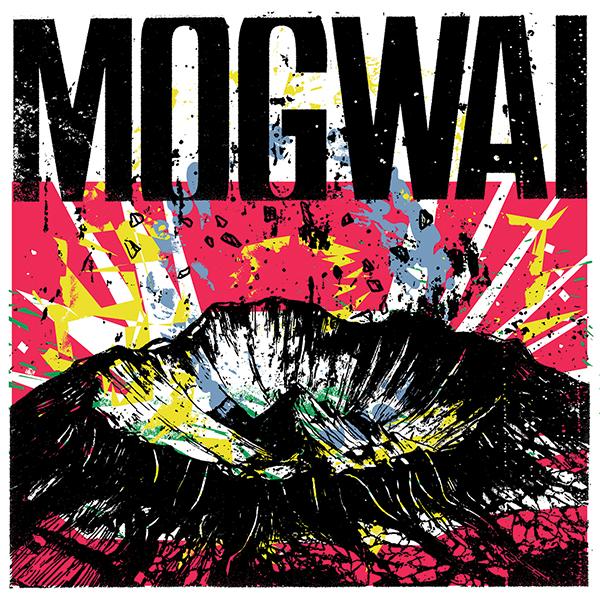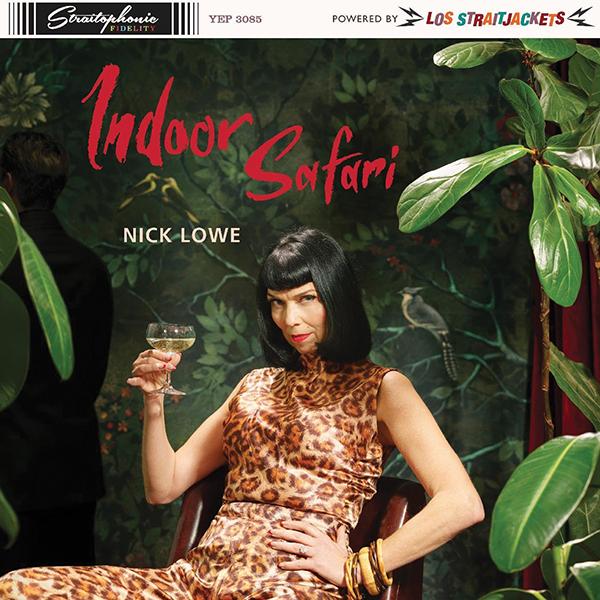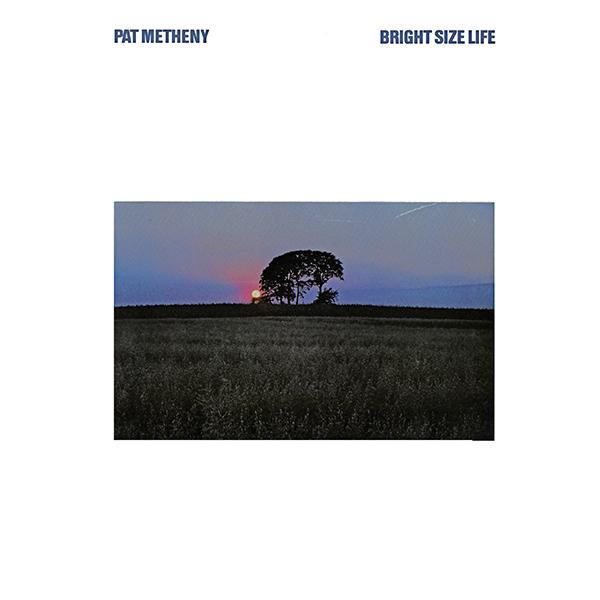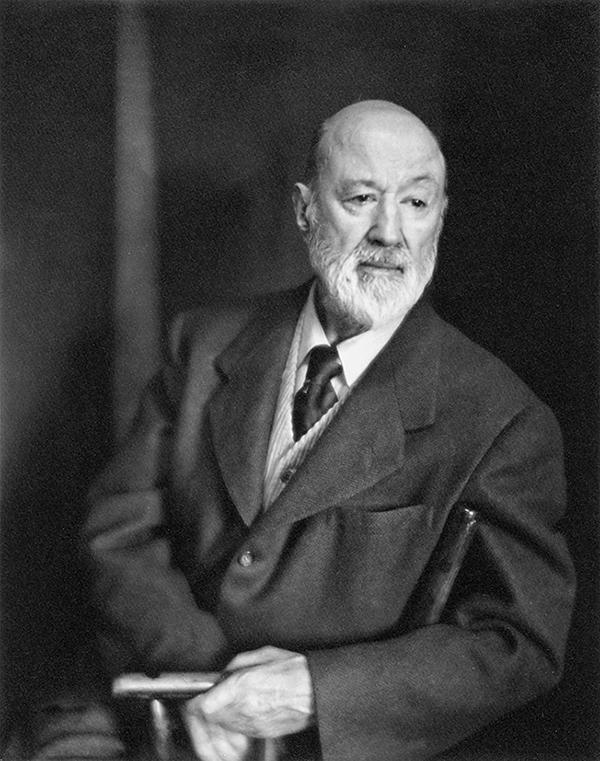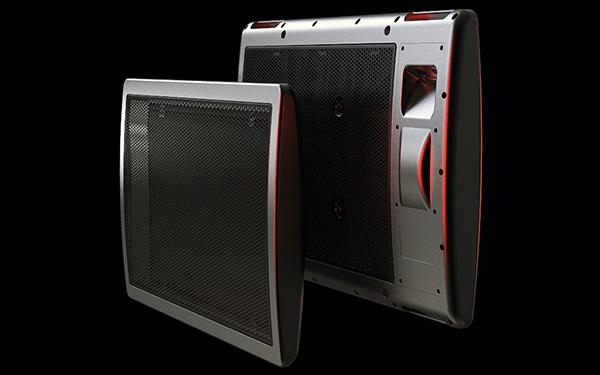LATEST ADDITIONS
|
Apr 17, 2025 |
First Published: Mar 01, 2025
|
Apr 17, 2025 |
First Published: Mar 01, 2025
|
Apr 17, 2025 |
First Published: Mar 01, 2025
|
Apr 17, 2025 |
First Published: Mar 01, 2025


